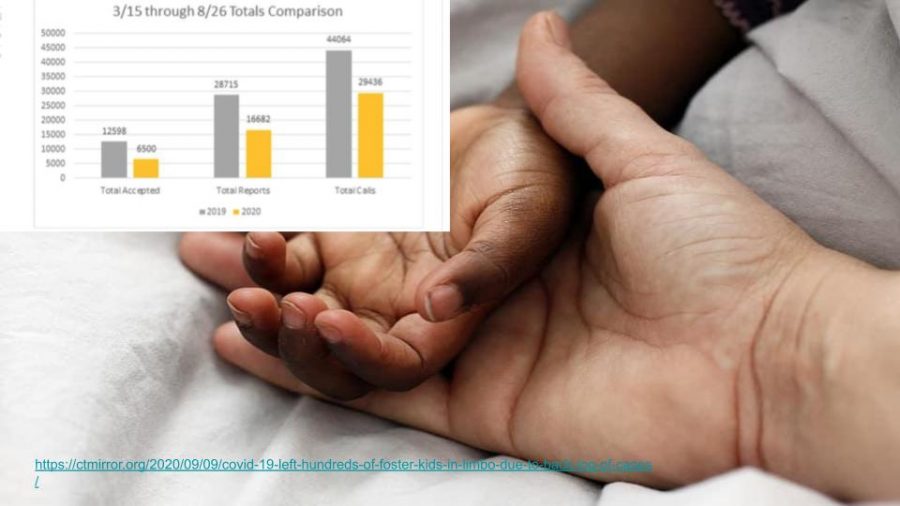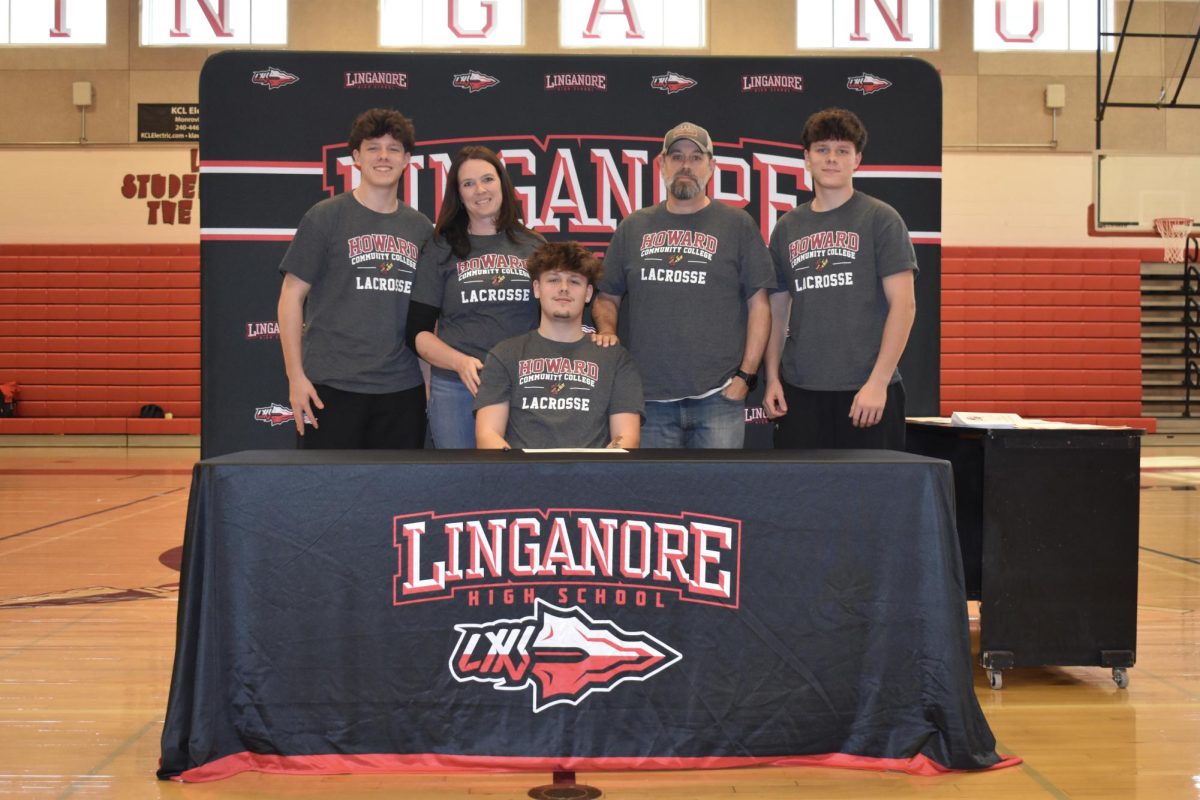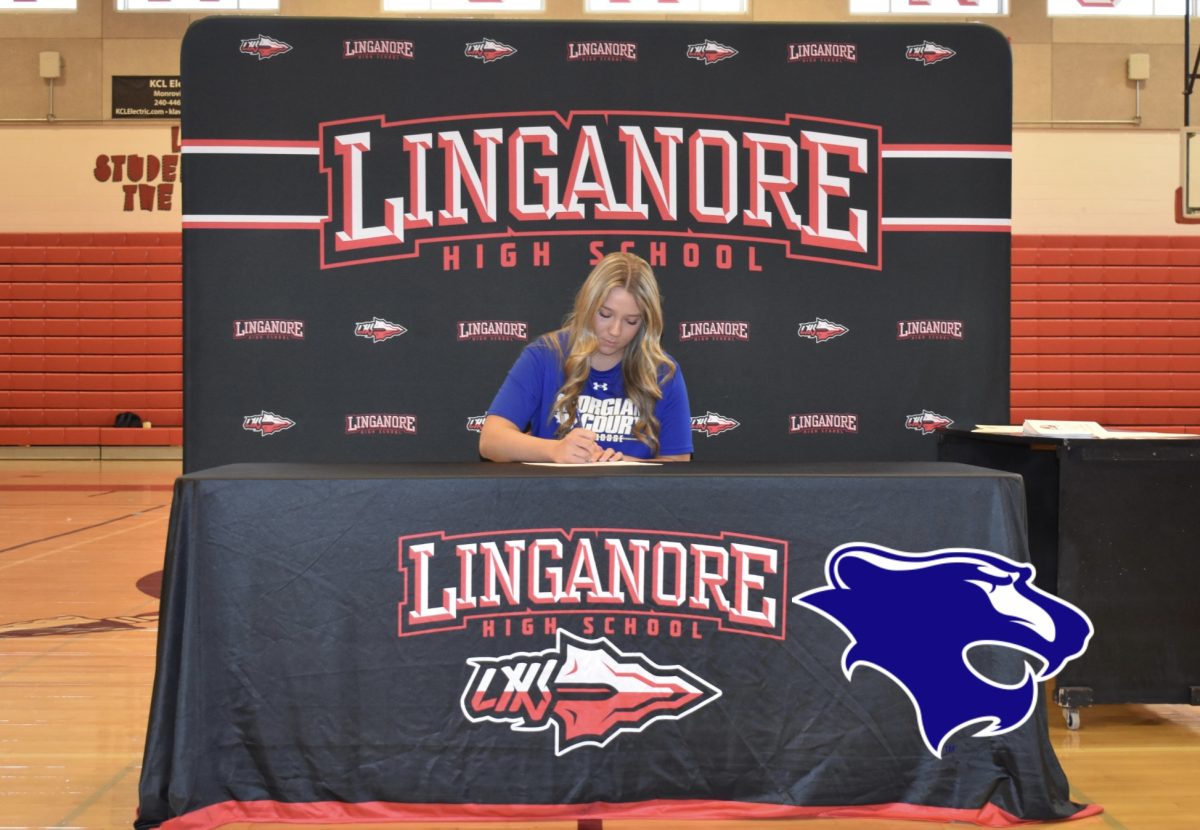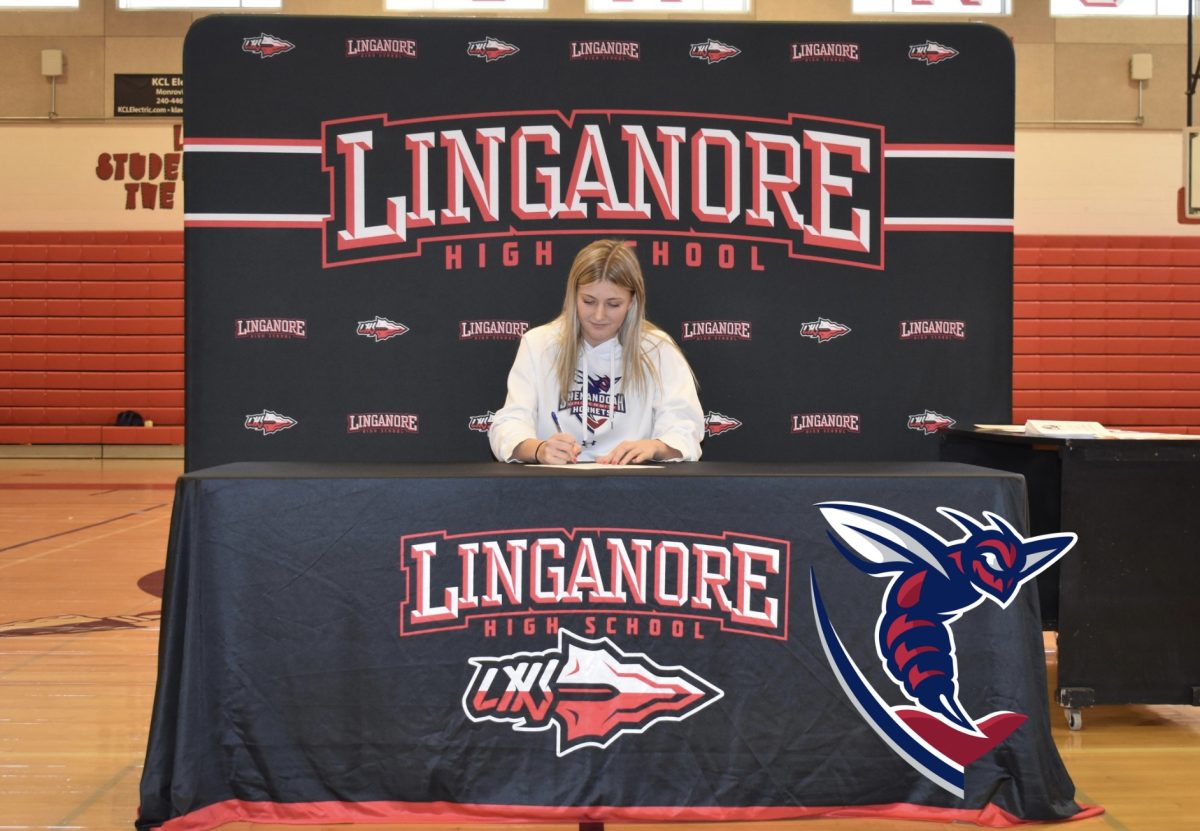Adoption and foster care do battle with Covid-19 restrictions to bring families together
From March 2020 to August 2020, the number of foster children in homes has significantly decreased.
December 1, 2020
Many families who wish to adopt are waiting long and longer. Private adoption and foster care have been highly impacted.
Adoption agencies and foster care programs have been forced to reinvent their practices and policies since the pandemic began. With travel restrictions being enforced in many areas and hospital policies changing greatly, the journey to creating new families has become much more complicated.
Everyone who is involved in the process of adoption and foster care–adoptive families, birth parents, adoption agencies, adoption attorneys, foster care programs, CASA workers, CPS workers, and foster families–must re-imagine how to make adoption and foster care safe for all.
With the pandemic, the journey from foster care to the arms of a loving family has become more difficult.
Prior to the pandemic, the adoptive or foster parents would have to research the costs of their decision. After researching the costs they would have to choose and work with an adoption professional. After that, the home study is completed. During the home study, the adoptive or foster parents home is evaluated to make sure it is safe for the child. During that time, there are also in depth background checks performed on the parents.
But babies are still being born. Foster care and private adoptions are still happening. CASA and CPS workers are still working with children and families. Not everything can be put on pause.
CASA workers are court-appointed special advocates. They are volunteers and advocates for children living in foster care. One aspect that is not emphasized is how difficult it can be to live in foster care in a pandemic.
Tom Hull, a CASA worker said, “Cases are often identified by teachers, hospitals, and other caregivers. Since children aren’t going to school, less cases have been identified as a result. At the same time, with families staying at home and the anxieties caused by COVID, it is believed that even more cases of abuse are occurring, but not being identified.”
Prior to the pandemic, Hull worked with children in person. He would play games and visit with them. They were able to form a bond in person, but it is harder for connections to be formed when they are not able to meet face to face.
Now, Hull meets with his kids over Zoom, and they play video games.
On the bright side, there is more time on everyone’s hands, which means faster progress on the process and placement of adoption and foster care.
Many families have had more time to think about their lives and decide on what they want to do with them. The decision of growing their family is much easier without the noise and stress of a busy life.
There is a downfall, though.
Home inspection is a key feature to the adoption and foster care process.
In the typical process, the adoptive or foster parents get in depth background checks. As well as the checks, their homes are visited by social workers in person to make sure they are suitable for the children to potentially live with them.
With Covid-19, some potential adoptive/foster families have been allowed to have their homes checked through video chat. The home checks are very important, but can be tricky if they’re not in person. The checks may not be as accurate over video chat and the social workers will not be able to learn as much about the people and environment over video than they would in person.
The meetings with foster and adoptive parents still happen as needed, but they are being changed to fit in with the COVID restrictions.
Birth parents may also not be able to meet the adoptive parents in person due to COVID restrictions, especially when those restrictions are through travelling. The two families have to come together over video chat and texting which can make forming a connection difficult.
Aside from the adoption process, there are many downfalls in other areas too. COVID has caused there to not be any in person court meetings or have jury trials.
Tom Hull said that these difficulties have “kept children left not knowing what their future holds.”






